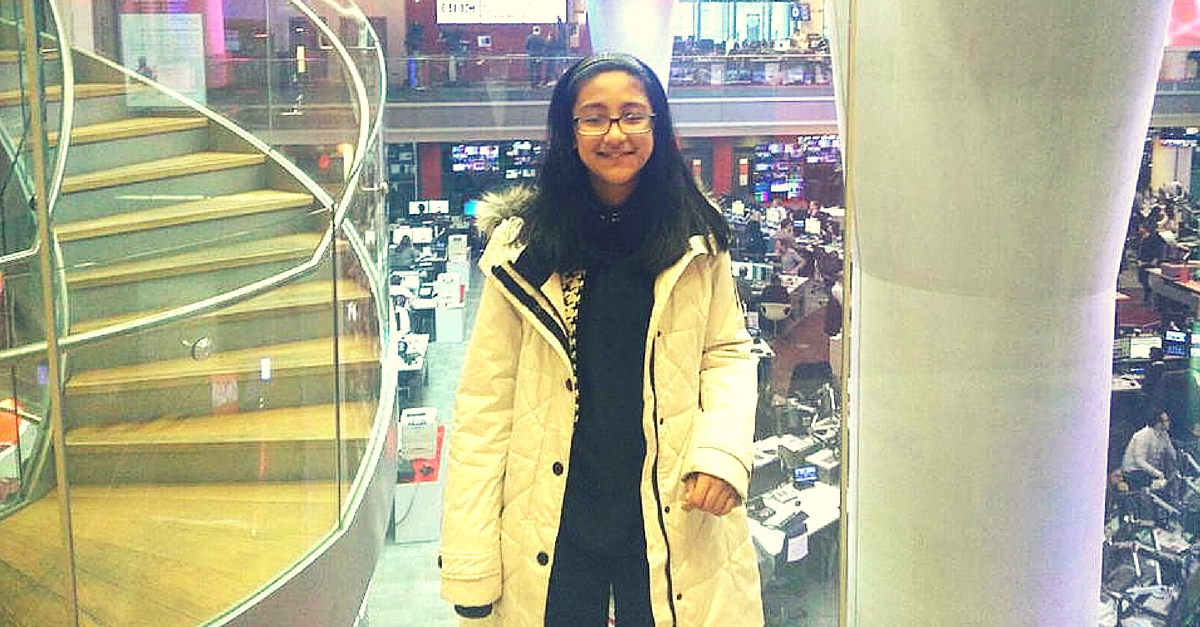Saanya Verma, an 11-year-old British Indian girl, took the Mensa IQ test and bagged the maximum possible score of 162, which is two points more than Albert Einstein’s score of 160.
Saanya, a student of Class 7, was born in Bengaluru and her parents shifted to London about 10 years ago.

Source: Facebook/Sunita P. Verma
“I can confirm that Saanya is one of the youngest to achieve 162 in the supervised test as it can only be taken by people over the age of 10-and-a-half,” a Mensa spokesperson told NDTV.
An avid reader, who spends a lot of time working on robotics and electronics, Saanya was one of the 38 amongst the 79,000 primary school students who took part in the first round of the test. She was awarded a gold certificate and was one of 1,184 children invited to take part in the bonus round.
“One day, my dad and I had a discussion on whether IQ and age are correlated. I did not think they are and that’s how I happened to take the Mensa IQ test”, she said. Her father, Sunil Verma, had placed a bet for 10 pounds with the belief that IQ and age are directly proportional. Sunil is a banker by profession and Saanya’s mother, Sunita Pati Verma, is an HR and recruitment professional.
Another Indian origin girl, 11-year-old Kashmea Wahi, also scored a perfect 162. Both girls have been invited to the House of Commons for a visit and a tour. They are now members of the elite high IQ society of British Mensa, which has 20,000 members and only 1,500 of them are under the age of 18.
Mensa is the high IQ society that provides a forum for intellectual exchange among its members. It was formed at Lincoln College, Oxford, in 1946 by Roland Berrill, an Australian barrister, and Dr. Lance Ware, scientist and lawyer. The organisation later spread around the world as a non-profit organization. The founders wanted to form a society for very intelligent people, the only qualification for membership being a high IQ test.
Like this story? Or have something to share? Write to us: contact@thebetterindia.com, or connect with us on Facebook and Twitter (@thebetterindia).
If you found our stories insightful, informative, or even just enjoyable, we invite you to consider making a voluntary payment to support the work we do at The Better India. Your contribution helps us continue producing quality content that educates, inspires, and drives positive change.
Choose one of the payment options below for your contribution-
By paying for the stories you value, you directly contribute to sustaining our efforts focused on making a difference in the world. Together, let's ensure that impactful stories continue to be told and shared, enriching lives and communities alike.
Thank you for your support. Here are some frequently asked questions you might find helpful to know why you are contributing?

